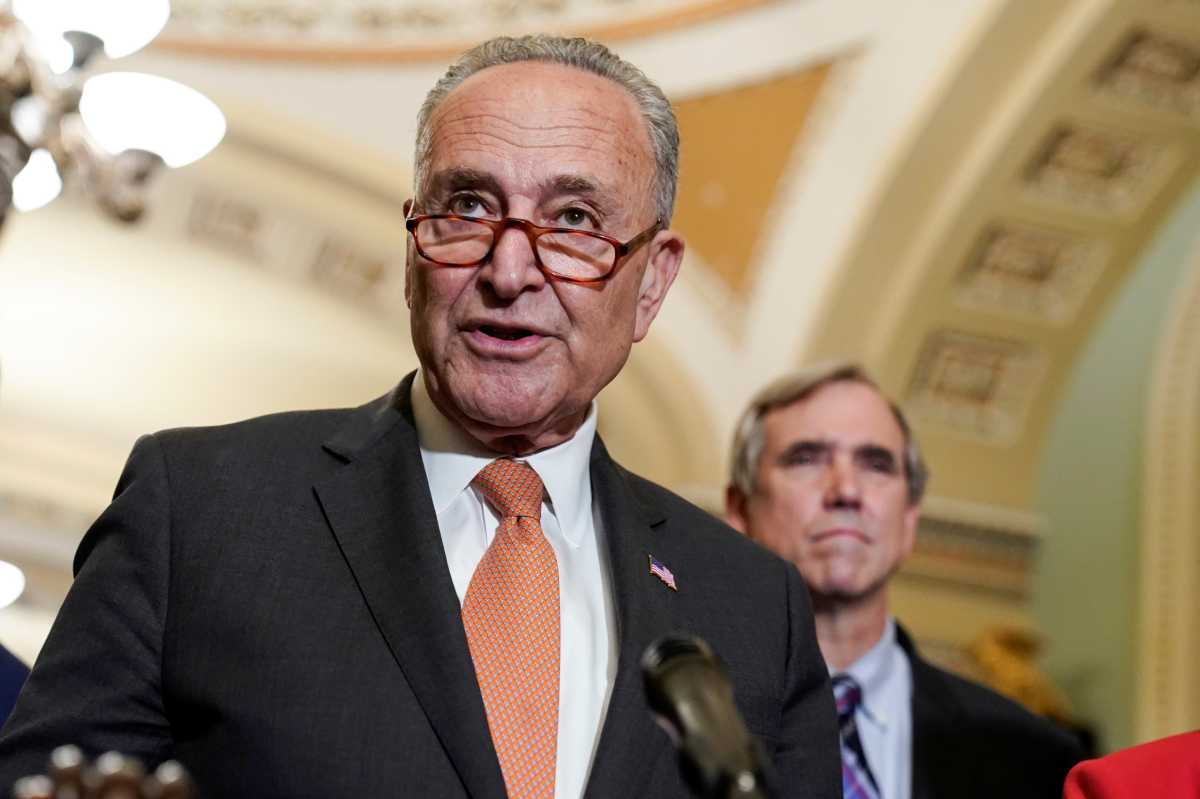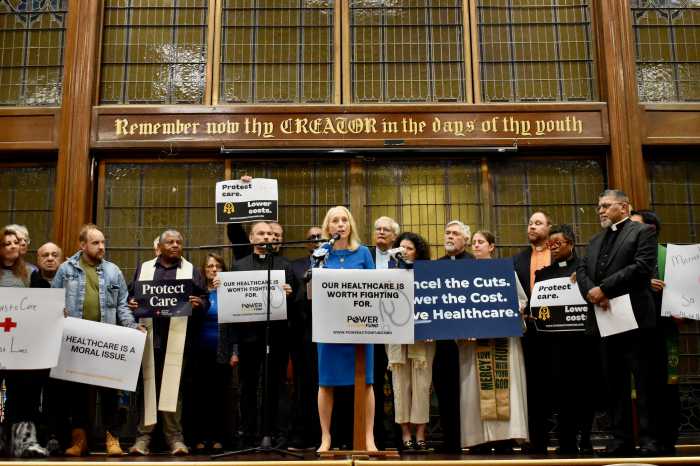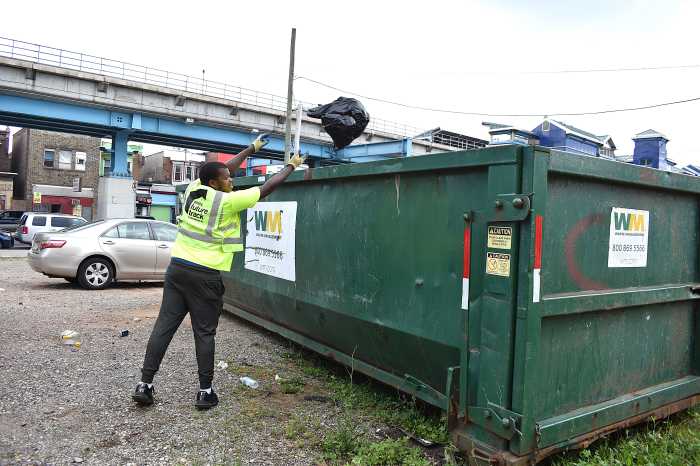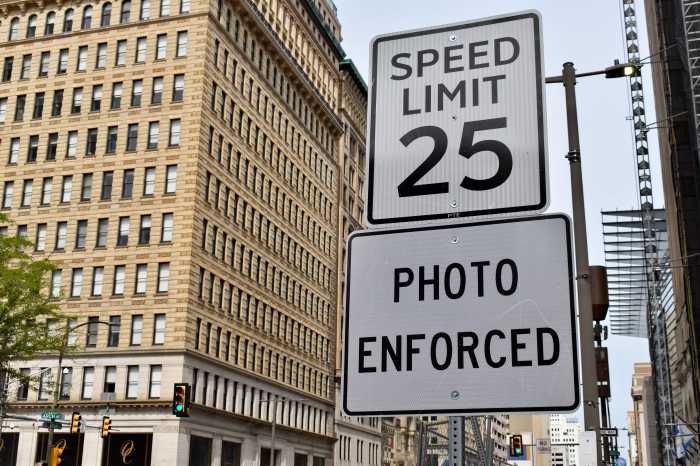By Richard Cowan and David Morgan
Senate Democrats united on Tuesday around an election reform bill they say is critical to democracy, although the measure was headed to likely failure as Republicans argued it infringed on states’ rights.
Moderate Joe Manchin of West Virginia, the sole Democrat not to have signed on as a co-sponsor of the bill, said he would vote to open debate on the measure while he and his colleagues negotiate details of a more narrow bill than one passed in March by the House of Representatives.
But without Republican support, Democratic Senate Majority Leader Chuck Schumer will be unable to pass one of his party’s top priorities: a bill that could offset a wave of measures passed by Republican-controlled state legislatures imposing new limits on voting.
Republican state legislators justify their new laws by citing former President Donald Trump’s continued false claims that his resounding November defeat was the result of widespread fraud. Those claims were rejected by multiple courts, state election authorities and Trump’s own administration.
Anticipating failure on Tuesday’s vote, some Democrats were already discussing alternative strategies for reining in the Republican efforts that reverse some of the 2020 election’s expanded access for casting ballots.
Democratic House Majority Leader Steny Hoyer told reporters the likely Senate outcome “will be a dramatic evidence of why the filibuster needs to be modified.”
He was referring to a procedure requiring at least 60 votes in the 100-member Senate to advance most legislation, instead of a simple majority of 51. The chamber is currently divided 50-50, with Democrats holding the tie-breaking vote in Vice President Kamala Harris.
Democratic Senator Debbie Stabenow alluded to possible legal action against Republican-led statutes in states, saying: “We have an attorney general and a (Justice Department) Civil Rights Division and a commitment from the president of the United States. And we will continue on in every way we can.”
Democratic Senator Amy Klobuchar said there still were no agreements with Manchin on two major topics: voter ID provisions and mail-in ballots.
With the Democrats’ effort possibly languishing in the Senate, Priorities USA, a liberal political action committee, said on Tuesday it was dedicating $20 million “to support voting rights efforts through digital voter education and taking voter suppression laws to court.”
Among Democrats’ goals are expanding early voting in elections for president and Congress, making it easier to vote by mail and ensuring that certain campaign contributions are more transparent. Their bills also aim to remove partisanship from the once-a-decade drawing of congressional districts.
Republicans argue the U.S. Constitution gives states the power to set their own voting practices. But the Constitution also allows Washington to alter those rules, and Democrats argue they are only setting minimum standards for states.
The Democrats’ legislation, Senate Republican Leader Mitch McConnell said, “would let Democrats take a red pen to election laws in each of the 50 states.” Speaking on the Senate floor, he added: “It’s a recipe for undermining confidence in our elections.”
His Democratic counterpart, Schumer, countered: “Republicans across the country are deliberately targeting all the ways that younger, poor, non-white and typically Democratic voters access the ballot.”
Schumer and other Democratic senators refused to spell out specific steps they might take to pass legislation if Republicans block their initial attempt on Tuesday.
Reuters





























